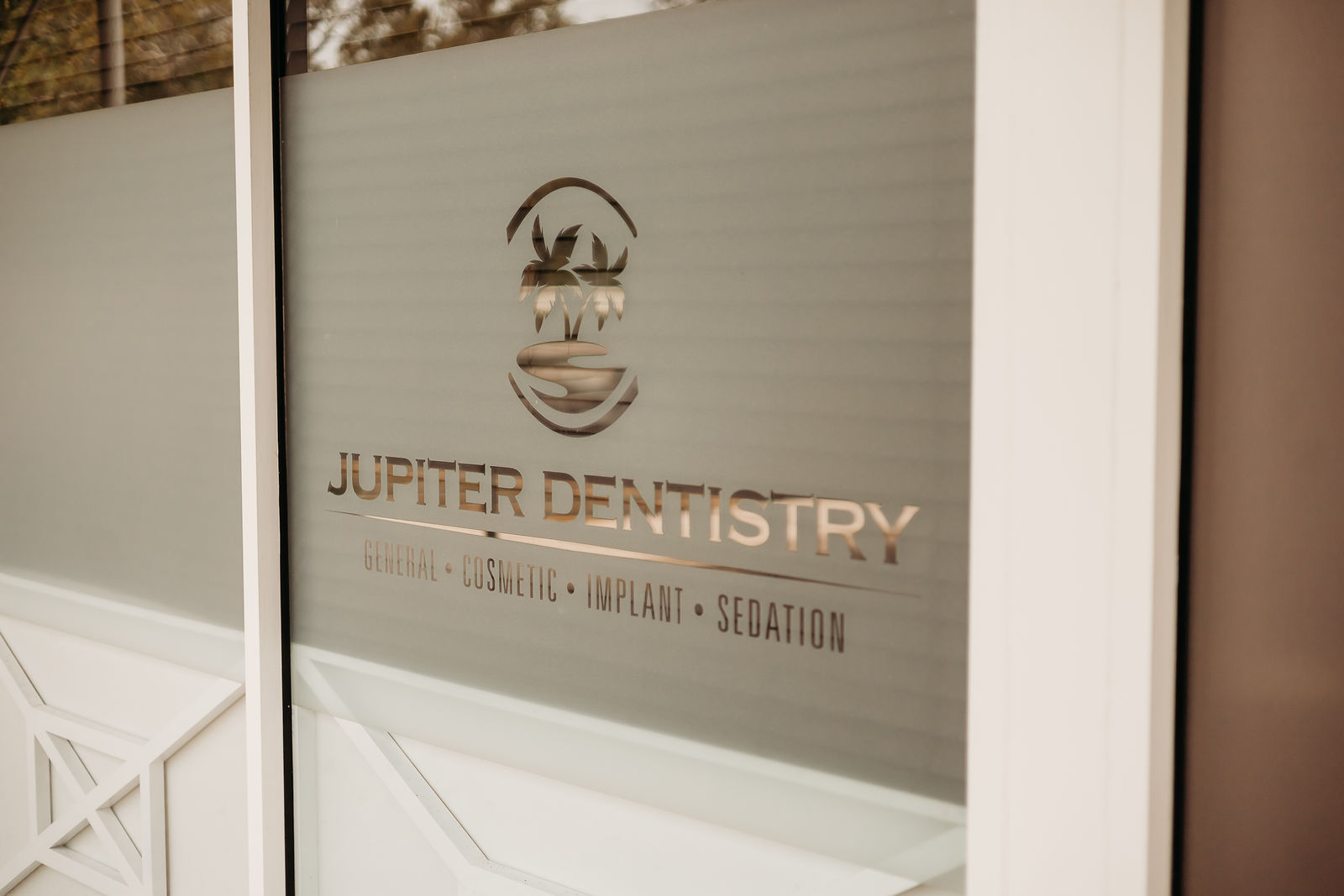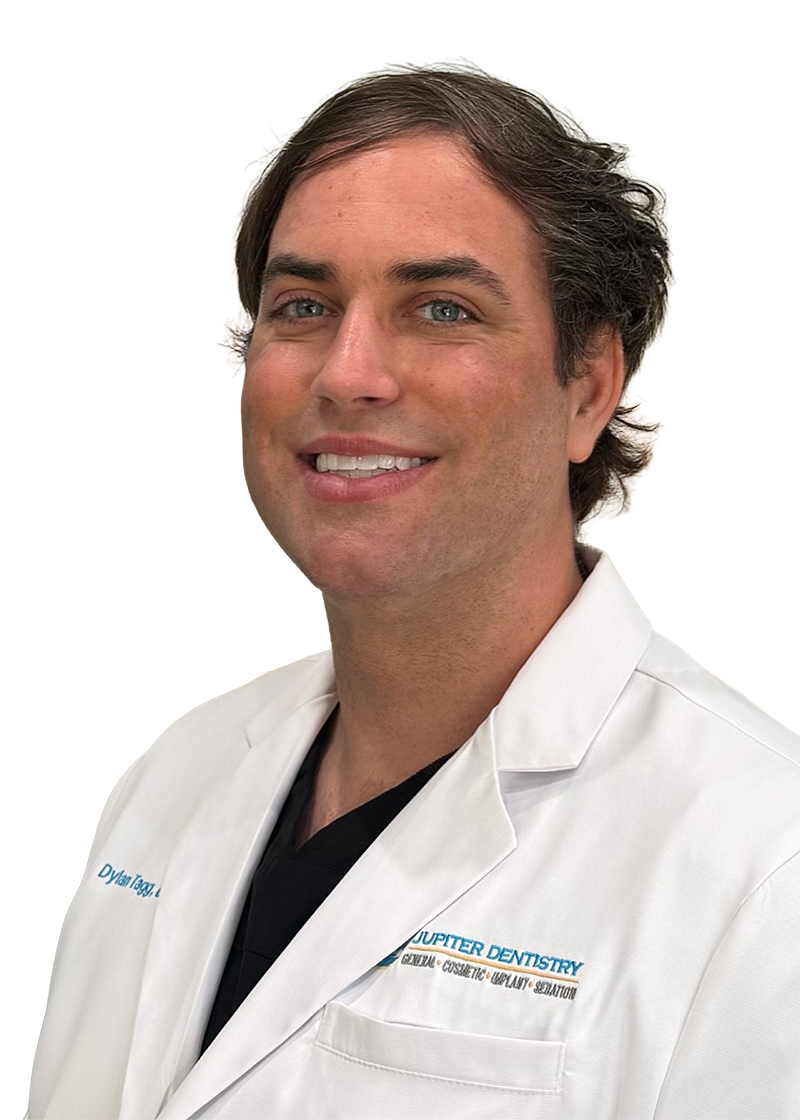The Impact of Smoking on Dental Implants


Dental implants are a popular and effective solution for replacing missing teeth. Whether due to injury, decay, or other dental issues, implants offer a long-lasting and aesthetically pleasing way to restore your smile. However, smoking can significantly affect the success and longevity of dental implants. At Jupiter Dentistry, we emphasize the importance of understanding how smoking can influence your dental implant journey and what steps you can take to ensure a successful outcome.
To discover if you can receive dental implants in Jupiter, FL, contact our dentist today at (561) 575-5599.
Cigarette Smoking Affects Your Oral Health
Smoking has a significant impact on oral health. Here are some of the negative effects that smoking can have on the mouth and teeth:

- Periodontal disease: Smoking is one of the leading causes of periodontal disease. Gum disease is a bacterial infection of the gums and bones that support the teeth. It causes redness, swelling, bleeding, and even tooth loss. Smoking weakens the immune system, making it harder for the body to fight off infections, including gum disease.
- Bad breath: Smoking can cause bad breath, or halitosis, due to the buildup of bacteria and plaque in the mouth. This can be embarrassing and affect a person’s self-confidence.
- Tooth discoloration: Smoking can cause yellow or brown stains on the teeth that are difficult to remove with brushing or professional cleanings.
- Oral cancer: Smoking is a major risk factor for oral cancer. Oral cancer can occur in the mouth, throat, or lips and can be life-threatening if not caught early.
- Delayed healing: Smoking can slow down the healing process after dental procedures, such as extractions, implant placement, or gum surgery. This can increase the risk of complications and infection.
The Risks of Smoking and Dental Implant Failure
Smoking affects nearly every aspect of your health, and your oral health is no exception. So, does smoking affect dental implants? While dental implants have a success rate of over 95% for non-smokers, smokers face a much higher risk of complications, including:
- Implant failure: Nicotine restricts blood flow to the gums and bones, which are critical for healing after implant surgery. Without proper blood supply, the body’s ability to integrate the implant into the bone, a process called osseointegration, can be compromised.
- Infection risk: Smoking impairs the immune system, making it more challenging to fight off infections, which are a leading cause of implant failure.
- Prolonged healing time: Smokers often experience delayed healing following dental surgery, increasing the likelihood of complications.
- Bone loss: Nicotine causes inflammation in the tissues surrounding the implant, leading to peri-implantitis, a condition where the bone and gum tissue around the implant deteriorate. This can result in implant failure.
- Gum disease: Smoking is a significant risk factor for gum disease, which can weaken the foundation of your implant and increase the chance of failure.
Symptoms of Early Implant Failure
Dental implant failure is rare, but it does occur, especially for those who smoke and don’t follow post-op care guidelines. If you’re experiencing implant failure, you may notice the following symptoms:

- Inflamed or bleeding gums
- Severe oral pain
- Discomfort while chewing
- Gum recession
- Swelling at the surgical site
- Loose implant or replacement tooth
When you experience the symptoms mentioned above, call our Jupiter dental implant provider immediately.
Why Quit Smoking Before and After Implant Surgery?
If you’re considering dental implants and are a smoker, quitting smoking before and after the surgery is the best way to improve the success rate of your implants. Here’s why:
- Improved healing: Quitting smoking boosts your body’s ability to heal after surgery. Blood flow to your gums and bones increases, supporting faster and more effective healing.
- Reduced infectionrisk: Without nicotine, your immune system is better equipped to fight off infections.
- Enhanced bone health: Quitting smoking reduces your risk of bone loss, which is crucial for the longevity of your dental implants.
- Lower risk of gum disease: Smoking is a significant cause of gum disease. By quitting, you are taking a major step toward maintaining healthy gums and preventing peri-implantitis.
Tips for Smokers Considering Dental Implants
If quitting smoking seems daunting, the team at Jupiter Dentistry is here to support you. We understand that it’s a difficult process, but there are steps you can take to reduce the risks and improve the chances of success for your dental implants:
- Join a support group: Joining a support group can be a great way to connect with others who are also trying to quit smoking. This can provide encouragement, accountability, and motivation to quit smoking altogether, even after dental implant surgery.
- Use nicotine replacement therapy: Nicotine replacement therapy, such as patches, gum, or lozenges, can help ease cravings and reduce withdrawal symptoms. Talk to a healthcare provider or your implant dentist before starting any nicotine replacement therapy.
- Seek professional help: Healthcare providers can provide resources and support to help patients quit smoking. This may include counseling, medication, or a combination of both.
- Avoid triggers: Triggers, such as stress, alcohol, or being around other smokers, can make it harder to quit smoking. Avoiding triggers and finding healthy ways to cope with stress can increase the likelihood of success.
- Set a quit date: Setting a quit date can provide a clear goal and help patients stay motivated. Choose a date that allows enough time to prepare and gather support.
Alternatives to Dental Implants for Smokers
If you’re concerned about the potential complications that smoking may cause, there are alternatives to dental implants. These include:

- Fixed bridges: Dental bridges can replace missing teeth without the need for surgery, making them a suitable option for smokers.
- Removable dentures: Modern dentures are more comfortable and natural-looking than ever before. They don’t require surgery and can be a great solution if you’re not a candidate for implants.
- Partial dentures: If you’re missing only a few teeth, partial dentures can restore your smile without the risks associated with dental implants.
Frequently Asked Questions
Can I smoke before or after the implant procedure?
It’s highly encouraged to avoid smoking before and after your implant procedure. The healing process can be hindered by smoking, and it can increase your risk of implant infection.
How long do I need to quit smoking before and after the implant procedure?
You should quit cigarette smoking at least two weeks before your dental implant procedure. As far as after, consult with your dentist or oral surgeon for specific recommendations.
What is the success rate of dental implants for smokers?
Research indicates that individuals who smoke have a higher risk of implant failure, with rates ranging from 6.5% to 20% compared to non-smokers. The reason for this increased risk is that tobacco and nicotine can lead to constriction or narrowing of blood vessels in the gum tissues of the mouth, which can impede the healing process necessary for successful dental implant integration.
Ready to Explore Your Dental Implant Options? Contact Jupiter Dentistry Today!
If you’re considering dental implants in Jupiter, contact our dentist today. With years of experience in implant dentistry, we’ll help you determine the best tooth replacement option for you. Call (561) 575-5599 today to schedule an appointment.


Complimentary Consultation
or 2nd Opinion
- Exam
- Full mouth X-rays
- Private Consultation with Doctor ($350 value)
- 2151 FL A1AAlt #1300,
Jupiter, FL 33477 - (561) 575-5599
- Monday: 8am - 5pm
- Tuesday: 8am - 5pm
- Wednesday: 8am - 5pm
- Thursday: 8am - 5pm
- Friday - Saturday - Sunday: Closed